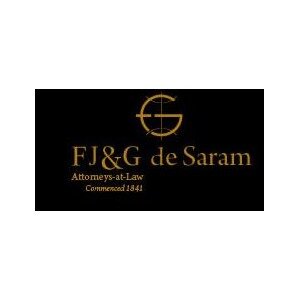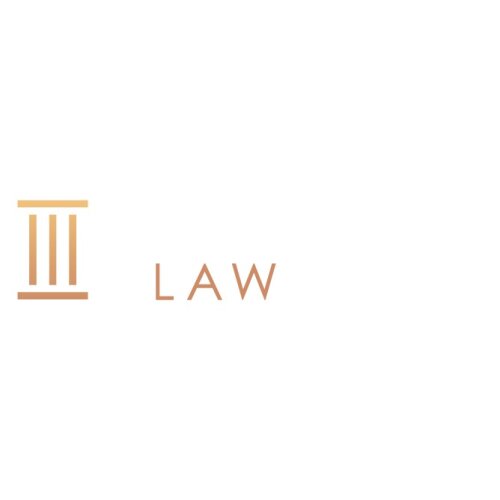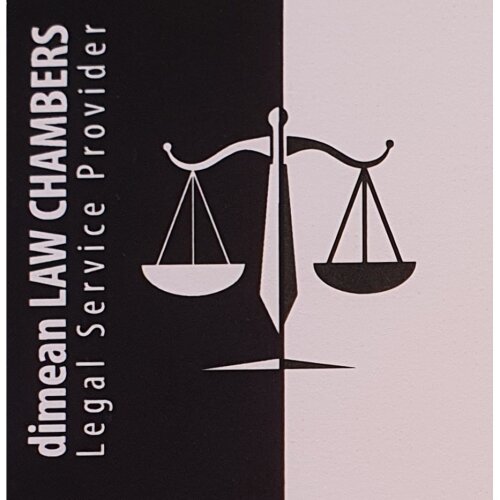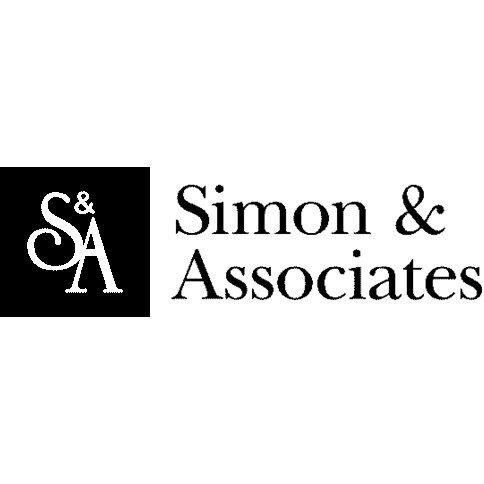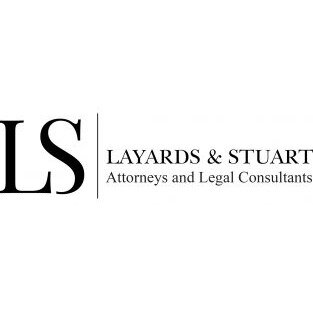Best Retirement Lawyers in Colombo
Share your needs with us, get contacted by law firms.
Free. Takes 2 min.
List of the best lawyers in Colombo, Sri Lanka
About Retirement Law in Colombo, Sri Lanka
In Sri Lanka, matters related to retirement fall under employment laws such as the Employee Provident Fund Act and the Employee Trust Fund Act. Retirees can also benefit from Sri Lanka's general pension scheme. The retirement age is set at 60 years. However, the law allows for early retirement, provided the individual has fulfilled certain conditions. When retiring in Colombo, the administrative capital of Sri Lanka, it is important to understand your legal rights and obligations.
Why You May Need a Lawyer
Even though retirement may be seen as a straightforward process, there are numerous instances where legal help could be beneficial. Situations such as understanding the fine print in your retirement benefits, seeking advice on taxes, understanding your right to pension, ensuring the right distribution of your provident fund, resolving any employer disputes regarding retirement benefits, or simply getting professional guidance to ensure a smooth transition to retirement, lawyers with specialized knowledge in this field can offer invaluable assistance.
Local Laws Overview
The Employee Provident Fund (EPF) and Employee Trust Fund (ETF) Acts are two key legal instruments in Sri Lanka. As per these laws, mandatory contributions from both the employer and the employee are made towards retirement. These funds accumulate over the working life of the individual and are disbursed at the time of retirement. In the event of premature retirement due to medical reasons, the law provides guidance on disbursement conditions. The general public pension scheme, managed by the Department of Pensions, also provides a monthly income for retirees who have served in public service.
Frequently Asked Questions
What is the general retirement age in Colombo, Sri Lanka?
The standard retirement age in Sri Lanka, including Colombo, is 60 years.
Can I retire early?
Yes, Sri Lankan laws allow early retirement under certain conditions such as medical grounds. Specific withdrawal conditions from funds like the EPF apply in such scenarios.
What are my rights to a pension?
If you are a public servant, you are entitled to a government pension after retirement, as per the Pensions Ordinance. For private sector employees, pension rights depend upon their specific contractual terms and conditions.
How is my Employer Provident Fund (EPF) managed?
Both you and your employer make contributions to your EPF, which is managed by the Central Bank of Sri Lanka. Upon retirement, you receive the accumulated amount plus interest.
What if my employer refuses to pay the retirement benefits?
If an employer fails to pay retirement benefits or disputes arise, you can seek legal help to resolve such issues or to claim your lawful dues.
Additional Resources
For relevant resources, the Department of Labour, Department of Pensions, and Central Bank of Sri Lanka can provide detailed information on various retirement benefits. Legal firms specializing in employment law can also assist with personalized legal advice and guidance.
Next Steps
If you need legal help with retirement-related issues, begin by reaching out to a lawyer who specializes in employment or retirement law. Understand your rights and obligations, resolve disputes, and ensure a stress-free retirement by taking professional legal consultation. Remember, it is your right to live a dignified life post-retirement.
Lawzana helps you find the best lawyers and law firms in Colombo through a curated and pre-screened list of qualified legal professionals. Our platform offers rankings and detailed profiles of attorneys and law firms, allowing you to compare based on practice areas, including Retirement, experience, and client feedback.
Each profile includes a description of the firm's areas of practice, client reviews, team members and partners, year of establishment, spoken languages, office locations, contact information, social media presence, and any published articles or resources. Most firms on our platform speak English and are experienced in both local and international legal matters.
Get a quote from top-rated law firms in Colombo, Sri Lanka — quickly, securely, and without unnecessary hassle.
Disclaimer:
The information provided on this page is for general informational purposes only and does not constitute legal advice. While we strive to ensure the accuracy and relevance of the content, legal information may change over time, and interpretations of the law can vary. You should always consult with a qualified legal professional for advice specific to your situation.
We disclaim all liability for actions taken or not taken based on the content of this page. If you believe any information is incorrect or outdated, please contact us, and we will review and update it where appropriate.



